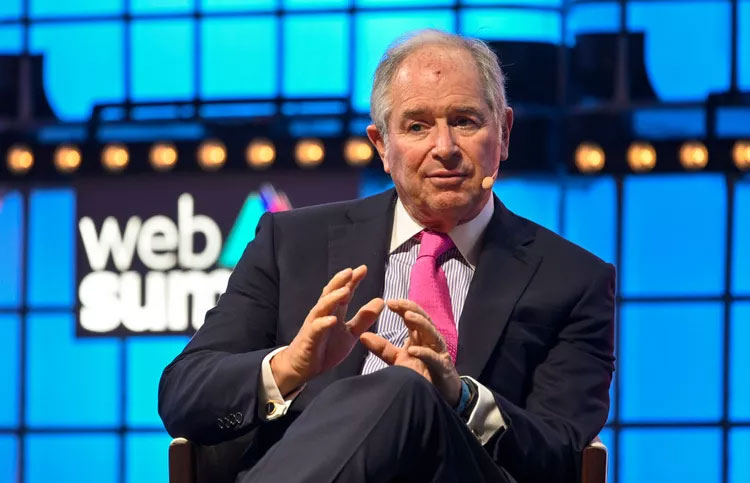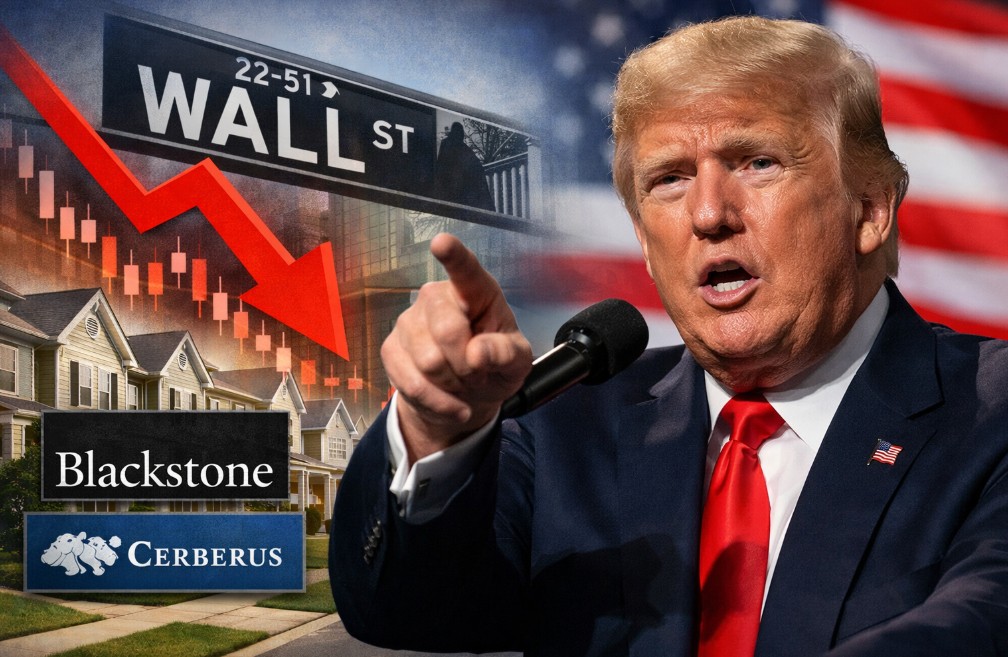[vc_row][vc_column][vc_column_text]
North America

North America (including Mexico and the Caribbean) had over 498m people spead over 16 countries in 2018. Total GDP was 23.5 trillion USD and average GDP per capita was 19,615 USD. Total exports were 3.6 trillion USD. From around 40,000 years ago during the Last Glacial Maximum, people walked from Siberia into North America across the Bering land bridge. Maize, beans, and squash were first domesticated in Mesoamerica sometime during the Archaic period (8,000 to 1,000 BC). The Olmecs developed the first cities in North America in Mesoamerica from around 1200 BC. They were followed by the Mayans (classical period: 250 to 900 AD) and the Aztecs in (1150 to 1519 AD). Further north, the Iroquois confederacy also settled and grew crops as did the Ancient Puebloans in the south-west. Throughout the continent many nomadic cultures also developed. In the Caribbean, first settlement occurred around 7,500 BC and from 2,500 BC there is evidence of trade in the region. When Columbus first arrived in the Caribbean in 1492, the area was inhabited by the Caquetío, Carib and Taíno. The Spanish soon colonised the Caribbean, Mexico, Florida and the South-West USA. They were joined in the Caribbean by the French, English, and Dutch. The French also founded Quebec City in 1608 and by the end of the 17th century had established forts and trading settlements down along the Mississippi to the Gulf of Mexico. The British founded Jamestown in 1607 and from there colonised the East Coast. In 1776, these English colonies declared independence. Mexico declared independence from Spain in 1810, and the slaves in Haiti overthrew the French in 1803. After independence, the USA slowly moved out across the continent acquiring French Louisiana in 1803 and Spanish Florida in 1819. Native Americans were repeatedly pushed west. In 1845, the US annexed Texas and then gained Alta California and Santa Fe de Nuevo México after defeating Mexico in the Mexican-American War (1846-1848). Alaska was bought from the Russians in 1867. The British maintained control in the north and took control of the French colonies after the Battle of Quebec in 1759. These British territories eventually became independent Canada in 1867. In the Caribbean, Cuba became independent with US help in 1902. The US began to industrialise from around the mid-1800s and this accelerated with the US Civil War. Railroad and the telegraph played a key part in transforming the US. By the start of the 20th century the US had emerged as a leading industrial power. It also became a colonial power after the Spanish-American War in 1898. In 1914, it finished building the Panama Canal revolutionising trade to the Pacific. After WW1 the US emerged as a global power and a superpower after WW2. This was consolidated with the new international financial exchange rate system and Breton Woods institutions implemented after WW2. In the economic sphere the US championed free trade and drove the development of GATT and eventually the WTO. Its Marshall Plan also helped to rehabilitate the economies of Western Europe after WW2. In 1994, it signed the North American Free Trade Agreement (NAFTA) with Canada and Mexico. NAFTA has now been superseded by the US, Mexico, and Canada free trade agreement. In the political sphere the US fought a “Cold War” against Soviet Russia after WW2 with several proxy wars fought around the world including in Korea, Vietnam, Afghanistan, and Cuba. Cuba had become communist in 1959. Since the end of Soviet Russia in 1989, the US has led the international community as the sole superpower.[/vc_column_text][/vc_column][/vc_row][vc_row][vc_column][vc_column_text]
Blackstone’s Data Centre Push: When Private Capital Opens The AI Rails To Public Investors
Ten Recent Technology Advances That Asset Allocators Should Have on the Radar
The Great Rebalancing: Capital Allocation in an Age of Fragmentation and Convergence
The “Sell America” Trade Returns — With Greenland at the Centre
Heat Pumps That Pay: How Industrial Process Heat Is Becoming a Cost-Saving Asset
Otaviano Canuto: The US Economic ‘K’
Trump Targets Wall Street Landlords, Putting Private-Equity Underwriting on Notice
The Cost Curve That Is Squeezing Coal and Gas
2025: When Markets Made Renewables Dispatchable
Can Google Escape Nvidia’s Gravity?
Barrow Hanley: Insights from a Global Value Investing Leader
eCapital: Scaling Capacity, Expanding Reach, and Redefining SME Finance
Loading, Please Wait!
This may take a second or two.

























































































